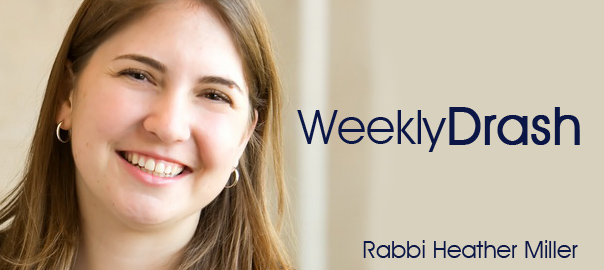Parashat Korach / June 20, 2014

THESE are the lights of Justice. Or Zarua La’Tzadik- Light is sown for the just.
This week’s Torah portion is called Korach. It is about a man named Korach who led a rebellion of 250 Israelite leaders against Moses and Aaron, specifically asking why they merited becoming leaders of all of the Israelites. The text notes that Korach speaks against Moses and Aaron with the words:
רַב-לָכֶם–כִּי כָל-הָעֵדָה כֻּלָּם קְדֹשִׁים, וּבְתוֹכָם יְהוָה; וּמַדּוּעַ תִּתְנַשְּׂאוּ, עַל-קְהַל יְהוָה.
“You have gone too far! For all the community are holy, all of them, and the Lord is in their midst. Why then do you raise yourselves above the Lord’s congregation?” (Numbers 16:3).
Now, at it’s face value, this is a very good question– what is the role of leaders when presumably all are created equal. Perhaps this is how Korach got so many to follow him. But, later in the Torah portion, God punishes Korach and his followers’ with death. Why did this happen?
The rabbis suggest that it was because Korach was not operating out of a sense of justice, but rather he was leading a political power grab. He was not trying to humbly uplift all Israelites to equal status, rather in his heart, he was trying to knock down the leaders, to gain more status for himself. The rabbis suggest that Korach was an old, wealthy man intoxicated with status, hungry for more. Judaism thus teaches us that organizing the pursuit of more power by the already powerful is a grave endeavor.
Tomorrow night, 50 years ago was June 21, 1964. On that night, an organization of individuals with power and privilege, members of law enforcement and members of the Ku Klux Klan, rose up to subvert those seeking justice. Against a backdrop of Jim Crow laws that institutionalized racism through anti-miscegenation laws, discriminatory hiring practices, segregation in buses, schools, drinking fountains, and lunch counters, all to keep already privileged white folks in power, three men, Andrew Goodman 20 years old, James Chaney 21 years old and Michael Schwerner 24 years old, were on their way to a small town in Mississippi as part of the civil rights organization called CORE, to empower African Americans to vote in upcoming elections. They went missing 50 years ago, and their lifeless bodies were found the next day. Later, it would be proven in court that the men were murdered at the hands of members of the local law enforcement who were co-conspirators to commit the act with local members of the KKK. People already in power motivated to stay in power for power’s sake. Ironically, outrage over these horrific murders ultimately assisted the passing of the Civil Rights Act of 1964 and the Voting Rights Act of 1965 which served to remove barriers to voting for formerly disenfranchised populations.
But I have to provide you with an historical update– last year, the Supreme Court handed down a decision that dismantled critical parts of the Voting Rights Act of ’65 that Goodman, Chaney and Schwerner died for. This year, new legislation called the Voting Rights Amendment Act of 2014 was re-introduced to bolster the act again. We should not forget why this act was so crucial in the first place and consider joining the movement to resist the concentration of power in the hands of a few. Jewish social justice organization, Bend the Arc, will be taking up this issue in the days ahead. Please let me know if you would like to get involved.
But for now, this Shabbat, let us remember the legacy of these three, and honor the light of justice that defines their legacy. We remember them tonight.






